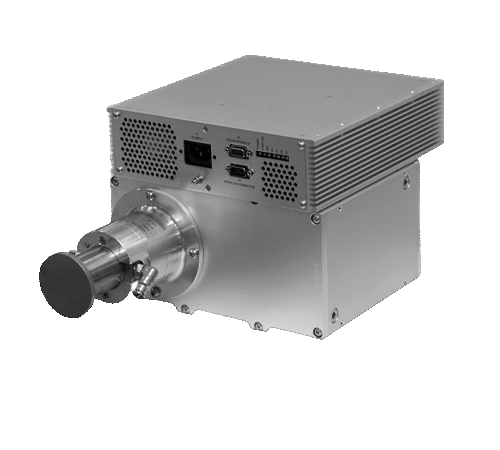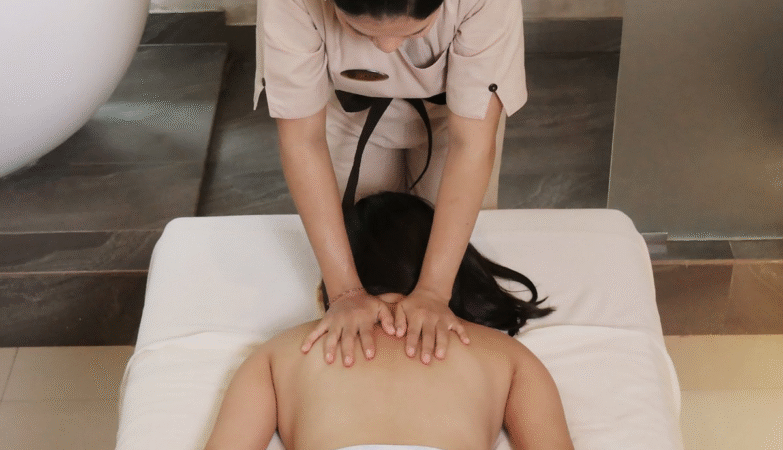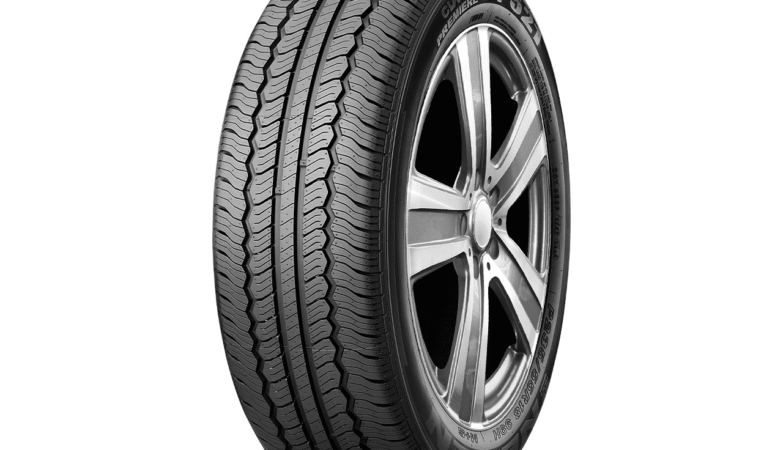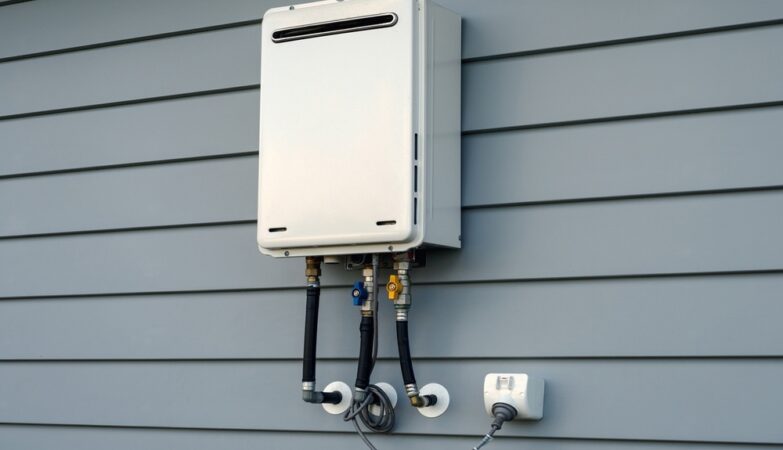Teeth grinding or bruxism can happen to your teeth while sleeping and causes jaw pain, headaches, and even chipped teeth.
So, what’s the best way to get rid of all these problems? The answer is simple mouth guard that protects your teeth from nightly grinding and makes your smile brighter.
But wait! You probably have many questions about mouth guards. Can they fix crooked teeth? How do you choose the right one?
If you have more questions, don’t worry—we’ve got all the answers about mouth guards for teeth grinding.
Can a mouth guard straighten teeth?
No, mouth guards do not straighten teeth. They are made as a protective tool that safeguards your teeth from grinding. They aim to act as a barrier between your upper and lower teeth, preventing damage caused by grinding and clenching.
How does a mouth guard protect you from Teeth Grinding?
Grinding your teeth creates excessive pressure and friction, which can wear down your enamel and cause cracks. That’s when a mouth guard works as a cushion for your teeth, which absorbs the force and prevents direct contact between upper and lower teeth. Also, dental mouth guards help reduce tension in the jaws, easing headaches and jaw pain. In short, the mouth guard can improve your overall dental health.
What type of mouth guards are available for teeth grinding?
Not all mouth guards are created equal when protecting your teeth from grinding. So, here people commonly use mouth guards:
- Custom-fitted mouth guards: These guards are made to fit your dental structure, using your dental impressions, for a comfortable fit.
- Sports mouth guards: For people active in sports, you can choose sports mouth guards that offer protection during physical exercise. Designed for athletic protection; not intended for teeth grinding.
How do you know if you need mouth guards?
Here are some common signs that need a mouth guard:
- Worn, chipped, and cracked teeth.
- Waking up with jaw soreness or headaches
- Tooth sensitivity
- Feeling tightness in the jaw muscles
Can a sports mouth guard be used for teeth grinding?
No, sports mouth guards are not made to address the specific pressures and patterns of teeth grinding. Sports guards are usually bulkier and may not provide the proper protection or comfort for nighttime use.
Using a mouth guard for teeth grinding ensures a better fit, durability, and effectiveness.
How do you take care of a mouth guard?
Proper maintenance of the mouth guard is important for hygiene and longevity:
- You can clean your mouth guard daily with a toothbrush and mild soap.
- Now rinse before and after use.
- You can store it in a spacious case to prevent bacterial buildup.
- Try to avoid exposing it to hot water or direct sunlight.
How long should a mouth guard be used?
A mouth guard is worn during sleep. Your dentist may suggest wearing it every night or based on the severity of your bruxism. Some people with daytime grinding may benefit from a mouth guard during waking hours, but this should be discussed with a dental professional.
Conclusion
Now you know that choosing a quality mouth guard for dental issues is essential to protect your teeth from damage, jaw pain, and improve sleep. Consistent use and proper care will ensure lasting benefits from choosing a fitted dental guard or another type. If you feel you have this bad habit, then consult your dentist to find the best mouth guard solution for your needs and enjoy healthier, pain-free mornings.











